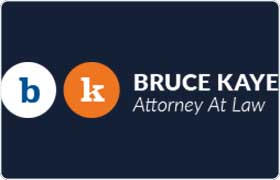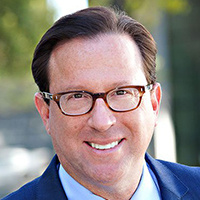Midlothian RICO Act Lawyer, Texas
Sponsored Law Firm
-
 x
x

Click For More Info:
-
Law Offices Of Bruce C. Kaye
400 N. St. Paul St.1110 Dallas, TX 75201» view mapCriminal Defense Law Changing Lives, One Case At A Time
The best thing about running my own practice is the opportunity to give my clients the individual attention they deserve.
800-920-9461
Not enough matches for Midlothian RICO Act lawyer.
Below are all Midlothian Criminal lawyers.
Donald Robin McCarty (Robin)
Criminal
Status: In Good Standing *Status is reviewed annually. For latest information visit here Licensed: 24 Years
Robin Mccarty
Criminal, DUI-DWI, Felony, Misdemeanor
Status: In Good Standing *Status is reviewed annually. For latest information visit here
John C Mallios
Estate Planning, Personal Injury, Family Law, Criminal, Business
Status: In Good Standing *Status is reviewed annually. For latest information visit here
FREE CONSULTATION
CONTACTPaul Thomas Vincent
Administrative Law, Criminal, Family Law, Wills
Status: In Good Standing *Status is reviewed annually. For latest information visit here Licensed: 18 Years
Natalie Plummer
Criminal, Accident & Injury, Divorce & Family Law, Business, Estate
Status: In Good Standing *Status is reviewed annually. For latest information visit here Licensed: 30 Years
Morgan Dru Taylor
Criminal, Family Law, Juvenile Law
Status: In Good Standing *Status is reviewed annually. For latest information visit here Licensed: 18 Years
Jeremy Brian Gordon
Criminal, Federal Appellate Practice
Status: In Good Standing *Status is reviewed annually. For latest information visit here Licensed: 19 Years
Courtney Griffin Stamper
Criminal
Status: In Good Standing *Status is reviewed annually. For latest information visit here Licensed: 15 Years
Chad Anthony Hughes
Criminal, State Appellate Practice, International Other, Juvenile Law
Status: In Good Standing *Status is reviewed annually. For latest information visit here Licensed: 12 Years
Mark Dunkerley Griffith
Criminal, State Appellate Practice, Other, Juvenile Law
Status: In Good Standing *Status is reviewed annually. For latest information visit here
 Bruce Kaye Dallas, TX
Bruce Kaye Dallas, TX